W. B. Yeats: A Biography with selected Poems
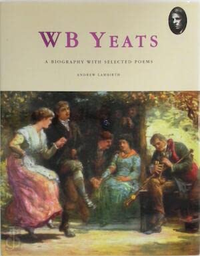
Summary
Brockhampton Press [Published 1999]. Hard cover, 120 pp. [Excerpt from front jacket flap] WB Yeats (1865-1939) is Ireland's finest poet. In a period when Irish writers, like Wilde, Shaw and Joyce, tended to leave the home country and adopt a more English or European life, Yeats was a passionate nationalist. He was born in Dublin, and although he travelled abroad and spent several years in London, he always returned to his native city, and to the Irish countryside - in particular Sligo and Galway. One of his greatest achievements was the creation of an Irish national theatre, which enjoyed great success at the Abbey Theatre in Dublin. Yeats was also a Senator of the Irish Free State from 1922 until 1928, and in 1923 he was awarded the Nobel Prize for literature. To match his nationalism was a firm belief in mysticism and the irrational. His life-long investigation of the occult fuelled his poetry, as did his detailed knowledge of Irish folk-lore. His early poems were influenced by symbolism and the Pre-Raphaelites and he counted William Morris among his friends. In later life, and particularly after his marriage in 1917, Yeats brought a greater colloquial realism and personal emotion to his work. His last years were enlivened by the effects of a 'Monkey Gland' rejuvenating operation, but if his personal life became hectic, he nevertheless wrote then some of his greatest poetry. WB Yeats excelled at prose and drama as well as verse, but is best known today as a lyric poet of the highest order, adept at the sort of verbal magic that lives on intensely in the mind.
Similar Books
-
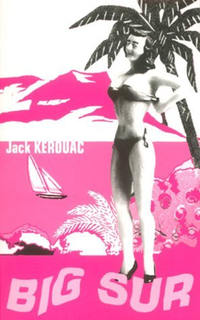 Big Sur
Big Surby Jack Kerouac
-
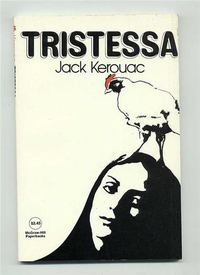 Tristessa
Tristessaby Jack Kerouac
-
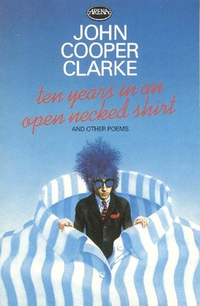 Ten Years in an Open Necked Shirt
Ten Years in an Open Necked Shirtby John Cooper Clarke
-
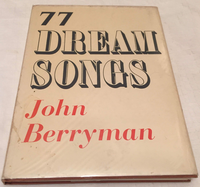 Seventy Seven Dream Songs
Seventy Seven Dream Songsby John Berryman
-
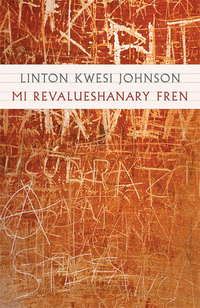 Mi Revalueshanary Fren
Mi Revalueshanary Frenby Linton Kwesi Johnson
-
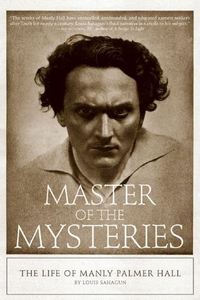 Master of the Mysteries: The Life of Manly Palmer Hall
Master of the Mysteries: The Life of Manly Palmer Hallby Louis Sahagun
-
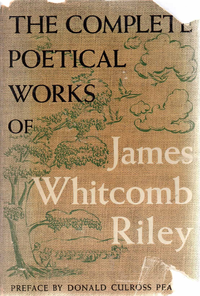 Complete Poetical Works of James Whitcomb Riley
Complete Poetical Works of James Whitcomb Rileyby James Whitcomb Riley
-
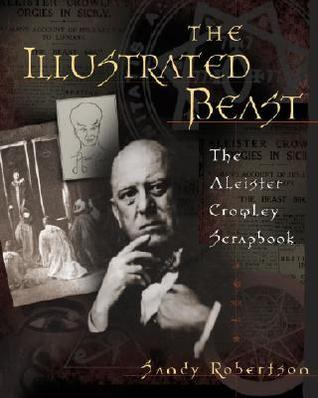 Aleister Crowley Scrapbook
Aleister Crowley Scrapbookby Sandy Robertson
-
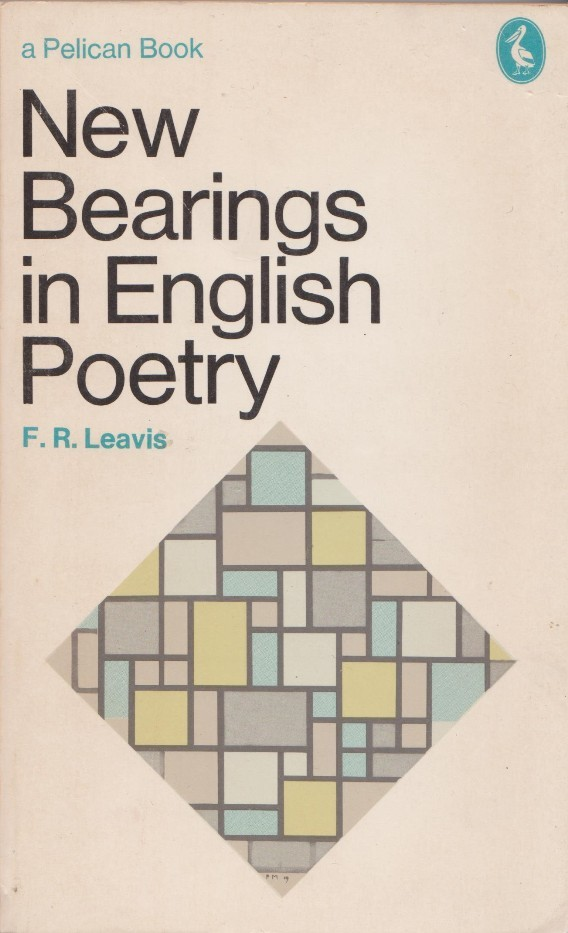
-

-
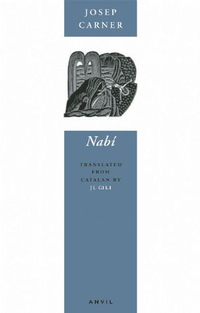 Nabí
Nabíby Josep Carner
-
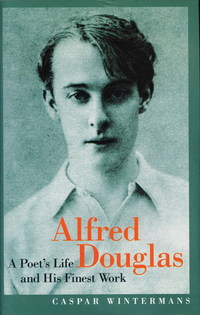 Alfred Douglas: A Poet's Life And His Finest Work
Alfred Douglas: A Poet's Life And His Finest Workby Caspar Wintermans
-
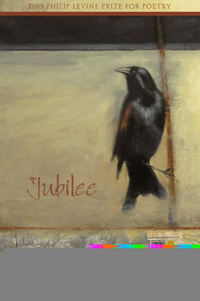 Jubilee
Jubileeby Roxane Beth Johnson
-
 The Complete Poems
The Complete Poemsby Francis Ledwidge
-
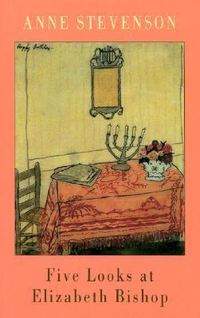 Five Looks at Elizabeth Bishop
Five Looks at Elizabeth Bishopby Anne Stevenson
-
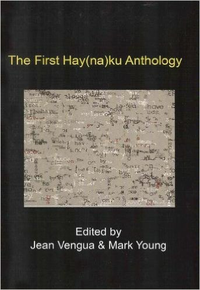 The First Hay(Na)Ku Anthology
The First Hay(Na)Ku Anthologyby Jean Vengua
-
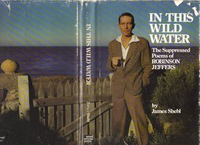 In This Wild Water: The Suppressed Poems of Robinson Jeffers
In This Wild Water: The Suppressed Poems of Robinson Jeffersby James M. Shebl
-
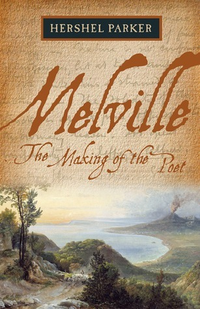 Melville: The Making of the Poet
Melville: The Making of the Poetby Hershel Parker
-
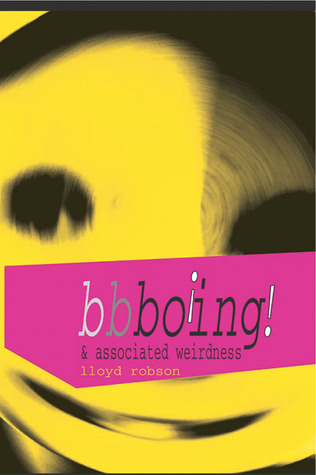 BBBoing and Associated Weirdness
BBBoing and Associated Weirdnessby Lloyd Robson
-
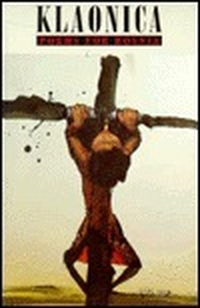 Klaonica: Poems for Bosnia
Klaonica: Poems for Bosniaby Ken Smith
-
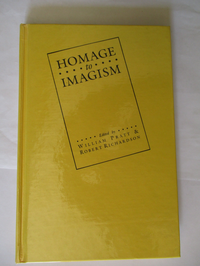 Homage to Imagism
Homage to Imagismby William Pratt